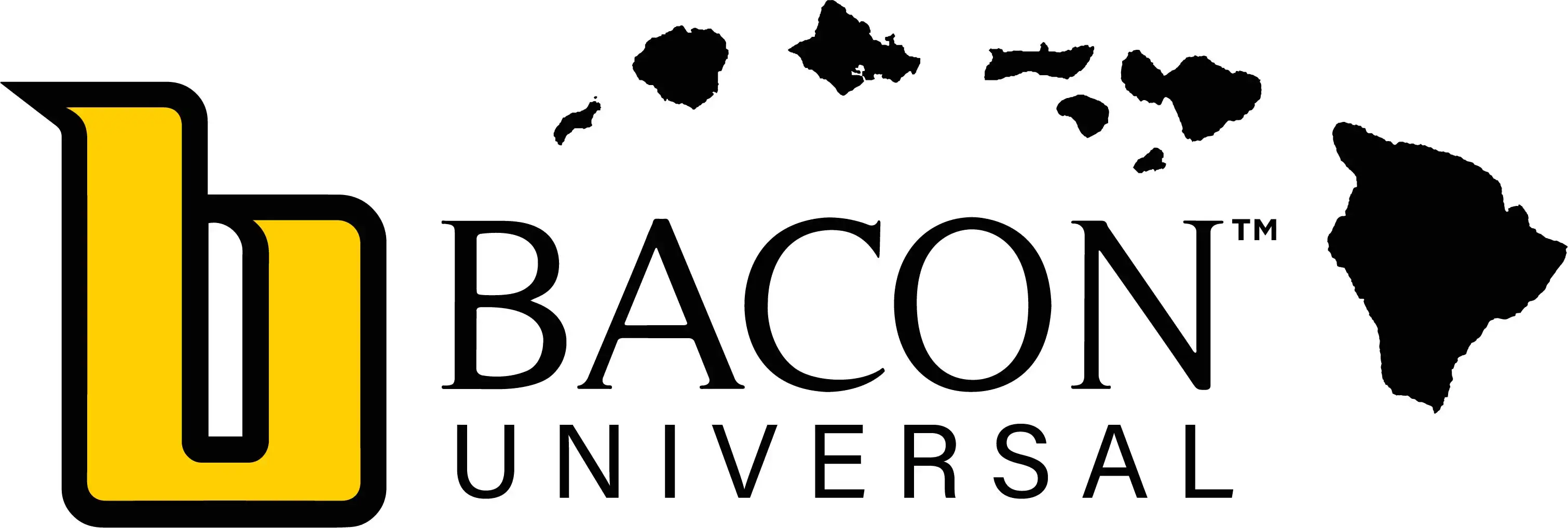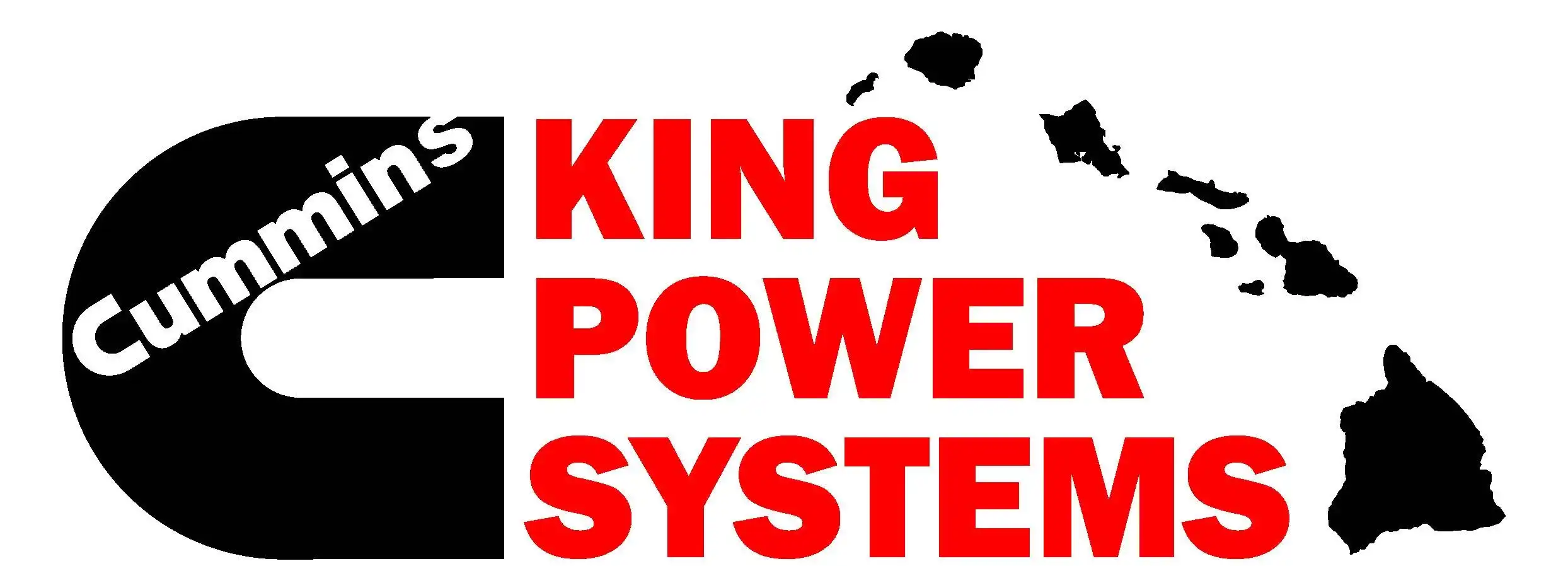Highlights of Hawai‘i State Senate Special Committee on COVID-19 Meeting

Whalers Village Shopping Center at Kāʻanapali Pkwy, during the COVID-19 pandemic. (04.13. 2020) Gaylord Paul Garcia for Maui Now.
At Wednesday’s meeting of the Hawai‘i State Senate Special Committee on COVID-19, a joint report was given to the committee by Dr. Bruce Anderson, Director of the Department of Health, and Dr. Steven Hankins, the Lead Director of the Hawaiʻi Emergency Management Agency, on their efforts to lead a coordinated statewide effort in response to the pandemic.
HIEMA Response: Need a Trend of at Least 2 Weeks of Low Number of New Cases
HIEMA is providing a broader response to COVID-19 by bridging in branches of stakeholders, including DOH and the medical and public health sectors. The agency is not in charge of coordinating all branches, but instead is acting as an interface. It has centralized data critical to responding to COVID-19, including case numbers from the DOH, availability of personal protection and medical equipment, and capacity of hospitals.
In order to begin relaxing restrictions in response to the pandemic, DOH and HIEMA say there must be a trend of:
- at least two weeks of a low number of new cases,
- a robust testing and surveillance system,
- a reliable contact tracing system, and
- a ready supply of medical supplies and hospital capacity.
Any reopening will likely be incremental.
Health Director Advises Against Lower Travel Restrictions in Near Future and Anti-Body Testing
Dr. Anderson advised against lower travel restrictions in the near future. He also said his department is advising against anti-body testing because tests have not been FDA-approved and results cannot be validated. The Attorney General will review the state’s authority to regulate tests that are not FDA-approved. Both DOH and HIEMA suggested that legislative fixes may need to clarify their regulatory authority.
To Be Cleared of COVID-19: 2 Tests Return Negative or 72 Hours Passed After Symptom Resolution
On the subject of recovery clearances, under CDC guidelines, a person can be cleared of COVID-19 by two methods: When two tests return negative, or 72 hours have passed after the resolution of symptoms.
Ag and Economic Development and Tourism Departments Withdraw Redeployment Requests
Also appearing before the Special Committee on Wednesday was Ryker Wada, Director of the Department of Human Resources Development.
Per the committee’s request, DHRD will provide an update on all state agencies that have or plan to request redeployed state workers to assist in pandemic response work. Both the Departments of Agriculture (HDOA), and Economic Development and Tourism, have withdrawn their redeployment requests. DOH filed a request Wednesday and DHRD is reviewing that request for redeployed workers.
DHRD does not have jurisdiction over the Department of Education or University of Hawaiʻi employees.
Per the committee’s request, DHRD will confer with the Department of Taxation (DoTax) to determine the best method of ensuring that any redeployment of state workers in response to the COVID-19 pandemic is a reimbursable expense through the federal COVID-19 relief laws.
Direct Funding to the State From the Federal Government May Reach $1.25 billion
At the beginning of Wednesday’s meeting, DoTax Director Rona Suzuki reported that direct funding to the state from the federal government may reach $1.25 billion. Details and federal guidance for this funding have not yet been released, and funding can only be used to respond to the pandemic. Suzuki indicated that it might be possible to use a “special project designation” to redeploy state employees and resources to respond to COVID-19 and be reimbursed for those efforts by the federal government. She will notify the Special Committee when this designation is used.
Director Suzuki said her role is to alert the various state agencies of federal funding deadlines. Each department is responsible for determining whether to apply, applying for and monitoring any programs for which it may be eligible. There is no one person or agency that is tasked with determining which programs should be applied to or determining the state’s priorities for funding.
The Special Committee strongly suggested that one person be given the overall responsibility for the administration maximizing applications for and the use of any available federal funds.
Unemployment Insurance Claims for Contract Workers
Suzuki said that the State Tax Office is assisting the Department of Labor and Industrial Relations (DLIR) to process tax information for contract workers who are applying for Unemployment Insurance compensation. The tax information for these individuals needs to be provided to the federal government before UI claims can be processed. The DLIR is setting up a new website, to be ready in mid-May, specifically for this class of worker. Any contract worker who has applied already does not need to reapply for UI.
USDA will Provide $3 Billion in Assistance to Food Service Industry
Denis Yamaguchi, Executive Director of the Hawaiʻi Agriculture Foundation, reported to the committee that the USDA will provide $3 billion in assistance to the food service industry, with $100 million per week to purchase. HDOA is responsible for acquiring funds for Hawaiʻi restaurants.
Yamaguchi reported that, since March, more than 53,000, or 75% of restaurant employees in the state, were either laid off or furloughed. There’s been a 79% decline in sales from April 1-10, and the estimated economic loss is $380 million thus far.
Platform Food-A-Go-Go Launched March 23
In better news, the platform Food-A-Go-Go launched on March 23 and is providing marketing support for 1,200 restaurants and local eateries open for takeout, delivery, and/or curbside pickup. The market support includes social media, radio, and TV public service announcements. Volunteers are contacting small mom-and-pop restaurants to get them registered on Food-A-Go-Go.
The next step is to provide a direct connection for consumers to farm produce, using a similar approach as Food-A-Go-Go. This will help with the sale of locally grown products from farms.










